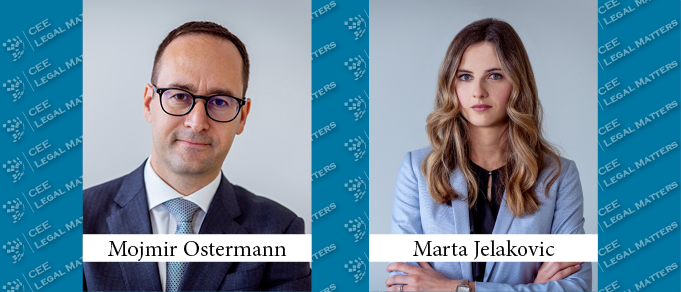Even though the use of the term license agreement in the context of software has been globally accepted for ages, some lawmakers actually have something else in mind. A license agreement under Croatian law doesn’t actually apply to software per se, as common knowledge might imply. It applies to inventions, know-how, trademarks, and other so-called industrial property rights.
Exceptionally, software can be the subject of a license agreement if it is patentable – that is, if it results in actual technical effects (e.g., systems for vehicle braking assistance). All other software should best be regulated by unique agreements subject to copyright laws.
The precise legal term would be an agreement on disposition of copyright by granting a right of exploitation. Given the lengthy name, we would say that anyone still calling them license agreements after reading this article, has every right to do so (it’s what is inside the agreement that matters, of course). For the sake of simplicity, we will refer to them as copyright agreements.
Confusing copyright agreements with license agreements, contracts for work, and other contracts is a common mistake. And a very unfortunate one as well, given that its consequences are mostly unexpected and burdensome – sometimes for the author, other times for the opposite party.
To illustrate the very real effects of this somewhat theoretical discussion, in a fairly recent decision made by the High Commercial Court of Croatia, a software company basically lost their copyright to an insurance software, because it was not clear which agreement the parties had entered into to regulate the development and use of that software. This led the court to conclude that their agreement was not, in fact, a copyright agreement and the software was not copyrighted (but rather a set of data lacking originality), so the software company could not prohibit its client from using its software after termination.
A lesson to be learned from this case is that it’s essential to be aware of all the necessary elements of a copyright agreement, otherwise it might be interpreted and applied under the rules of a different agreement, regardless of its title. In some cases, this can entail quite different obligations, rights, and liabilities than those envisaged by the parties.
For instance, in a copyright agreement, if the parties have not agreed otherwise, it will be considered that it only involves the use of the copyright within Croatia. However, if someone (e.g., a court in a dispute) would view it as a license agreement, then the licensee’s right would be territorially unlimited.
Another far-reaching rule applies only to copyright agreements. When certain provisions of the agreement are not entirely clear, they should always be interpreted in favor of the author. On the other hand, license agreements (and most others) are interpreted according to the common intentions of the parties, or if only one party drafted such provisions, they will be interpreted in favor of the other party.
Additionally, license agreements can be implicitly renewed by law, unlike copyright agreements. If the licensee continues to use the object of license after the expiration of the agreement and the licensor does not object, a new license agreement will be automatically executed under the same conditions, but this time for an indefinite period.
In exclusive copyright agreements, on the other hand, the author has the convenient right to terminate the agreement if the other party is not using the copyright at all or enough, which harms the author’s interests. This allows the author to find another partner that will be able to generate more income from the copyright, resulting in higher amounts of royalties for the author. For this purpose, the author has the right to, at least once a year, receive data on the use of their copyright, revenues, etc. Licensors neither have the option to terminate for non-use nor the right to be informed.
It is also quite important to bear in mind that an exclusive licensee can assign the license to someone else without the licensor’s consent, whereas rights under exclusive copyright agreements can only be assigned with the author’s OK.
A natural conclusion is that copyright agreements are more favorable for software creators. Nevertheless, it is vital for both sides of a deal to be aware of which agreement they are actually entering into, to know their rights and protect their interests during the entire duration of the agreement, especially in case of a dispute.
By Mojmir Ostermann, Managing Partner, and Marta Jelakovic, Senior Associate, Ostermann & Partners
This article was originally published in Issue 9.10 of the CEE Legal Matters Magazine. If you would like to receive a hard copy of the magazine, you can subscribe here.






















